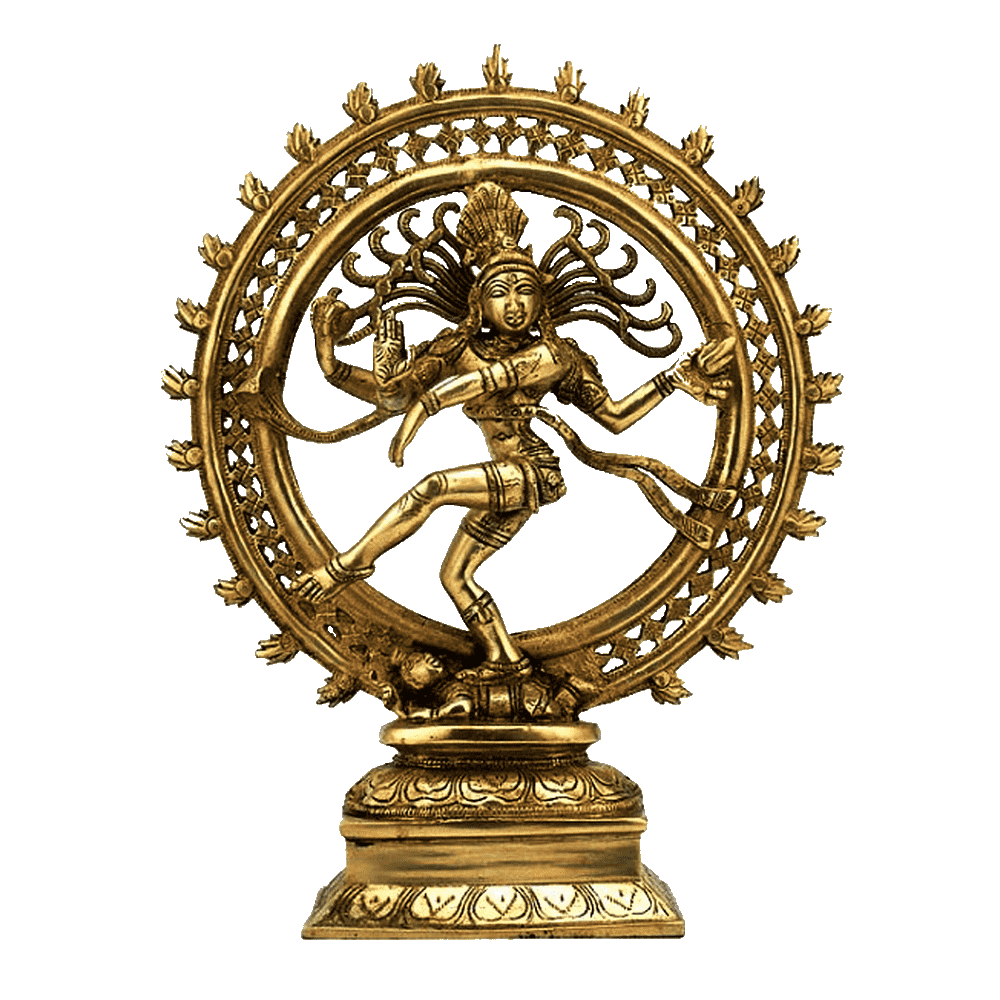
Netra Tantra
Unraveling the Mysteries of Lord Bhairava in the Kaula Tradition
Abstract:
Netra Tantra stands as a significant and revered scripture within the Kaula tradition of Hinduism, dedicated to Lord Bhairava. This Tantra delves into the esoteric teachings and practices associated with Lord Bhairava, revealing profound insights into the transformative power of this fierce and revered aspect of Shiva. This article explores the origins and context of Netra Tantra, its key themes and teachings, and its enduring significance in contemporary spiritual practices.
Introduction:
Netra Tantra holds a unique and mysterious place within the rich tapestry of Tantric literature, focusing on Lord Bhairava, an intense and formidable aspect of Shiva. The Tantra is revered for its esoteric teachings and rituals associated with the Kaula tradition, which combines exoteric practices with household rituals. In this article, we embark on a journey to explore the essence of Netra Tantra, uncovering the transformative power of Lord Bhairava and the enduring significance of this sacred text in spiritual practices.
Origins and Context:
Netra Tantra is believed to have emerged during the medieval period in India, when the Tantric movement was flourishing. The text is attributed to Lord Bhairava himself, who imparted these sacred teachings to Goddess Parvati. As part of the Kaula tradition, the Tantra incorporates esoteric practices and rituals to attain spiritual elevation and liberation.
The context of Netra Tantra lies in its focus on Lord Bhairava, who symbolizes the fierce and transformative aspect of Shiva, guiding seekers towards spiritual awakening and self-realization.
Key Themes and Teachings:
Netra Tantra encompasses several key themes and teachings that form the core of its sacred wisdom:
Bhairava Consciousness:
The Tantra elucidates the concept of Bhairava consciousness, representing the supreme state of awareness where the individual transcends the limitations of the ego and merges with the cosmic consciousness.
Rituals and Sadhanas:
Netra Tantra provides guidance on various rituals and sadhanas (spiritual practices) that seekers can perform to invoke the blessings and transformative power of Lord Bhairava.
Shakti and Bhairava Union:
The text emphasizes the union of Shakti (divine feminine energy) with Bhairava, symbolizing the cosmic union of male and female energies and the realization of non-duality.
Enduring Significance:
The enduring significance of Netra Tantra lies in its ability to offer seekers a profound and transformative path of spiritual growth. The teachings and practices of the Tantra continue to inspire and guide contemporary spiritual seekers towards inner awakening and self-realization.
In the Kaula tradition, the worship of Lord Bhairava is considered a powerful means to transcend the limitations of the ego and attain unity with the supreme consciousness. The transformative power of Bhairava consciousness remains relevant today, providing seekers with a pathway to embrace their divine nature and dissolve the boundaries that separate them from the cosmic whole.
Conclusion:
Netra Tantra offers a profound and transformative exploration of Lord Bhairava in the Kaula tradition. This sacred text continues to hold enduring significance in contemporary spiritual practices, providing seekers with transformative insights and practices to connect with Lord Bhairava’s fierce and transformative aspect. In a world seeking spiritual awakening and self-realization, the teachings of Netra Tantra serve as a profound and transformative pathway towards embracing the transformative power of Lord Bhairava and realizing the supreme consciousness that transcends all dualities.
Editor – Kaalchakra Team
[ Note – Before Concluding anything as a Finale, Please Go through Original Scriptures of Vaidik Literature Written in Sanskrit and Also with Meaning of That time of Language. Because English is a Limited language to Explaining the Deeper Knowledge of Vaidik Kaal. ]
